Pakistani brands who found success against their global competitors
The resilience of local brands suggests that Pakistanis can beat MNC counterparts with aggressive marketing tactics
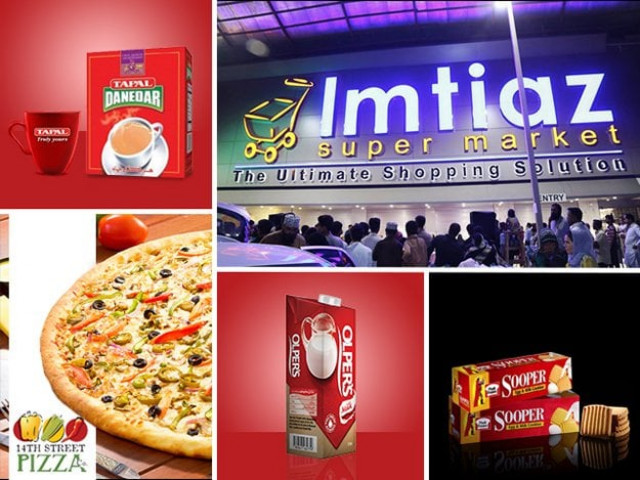
A large middle-class section, some 60 per cent of which is young, has been emerging and it looks for quality products and services with an expectation for value for money.
It was preceded by the Emporium Mall in Johar Town of the walled city and now it has also been overshadowed by a 3.4 million square feet LuckyOne Mall on Rashid Minhas Road in Karachi. The mall is said to be the biggest one in South Asia. These malls also have Hyperstar supermarkets. Such is the shape of retail space in a fast-developing Pakistan.
Consumer goods: Multinationals bask in high-growth market
But with a population of over 200 million people and a gross domestic product (GDP) of only $284 billion by April 2017, Pakistan arguably is an underperforming economy. Several factors can be attributed to this sluggishness, for instance, terrorism, corruption, poor law and order, political fragility and lack of infrastructure, combined with power outages and gas shortage. Yet, a large middle-class section, some 60 per cent of which is young, has been emerging and it looks for quality products and services with an expectation for value for money.
For retail giants, the purchasing power - combined with mounting consumer expectations, quick decision-making and risk-taking - makes Pakistan a land full of options. With state-of-the-art strategies, some local businesses have shown vitality to meet the very customer expectations. On multiple grounds, they have beaten their multinational (MNC) counterparts – managed via systematic and tried-and-tested processes – in spite of their ad-hoc measures.
14th Street Pizza vs Pizza Hut
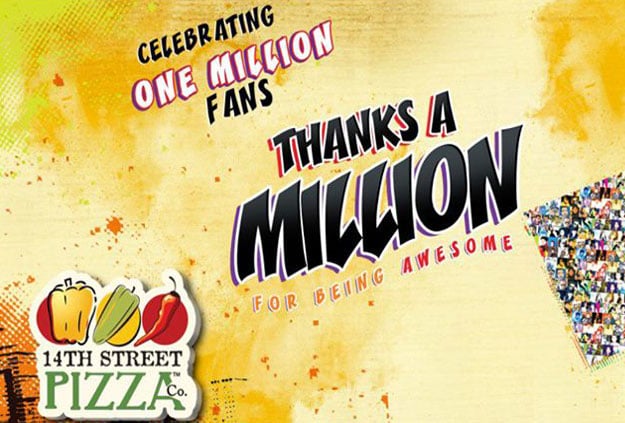 PHOTO: Facebook
PHOTO: FacebookIn the fast-food sector, for example, take Karachi’s 14th Street Pizza. Founded in 2011 by Tanveer Yusuf, this brand with four outlets has achieved the market-leader position for offering the best variety in town, beating the more powerful Pizza Hut. This year, 14th Street clutched 65 per cent market shares as compared to Pizza Hut’s 35 per cent in takeaway and delivery part. Pizza Hut, with an annual turnover of over Rs 4 billion and 27 stores in Karachi, is still the market leader because it offers dine-in experience too.
In Karachi alone, currently, there are 518 pizza outlets. They serve Karachi’s (estimated 20 million population) middle-class through dine-in, takeaway and delivery channels. Pizza Hut has 73 outlets in Pakistan, with 13 in Lahore and seven in Islamabad.
Nida Parvez, the marketing head at Habib Oil Mills (HOM), the parent company owning Pizza Hut’s franchise in Pakistan, said Pizza Hut’s countrywide market shares were 60 per cent. Segment-wise, the Karachi market shares remain 40 per cent for dine-in, 35 per cent for delivery and 20 per cent for takeaway.
MNCs under threat due to irregular policies
Now 14th Street Pizza started serving its customers with 20-inch hand-tossed pizzas. Through an exceptional customer service and food quality, it soon started to attract new pizza lovers. So what exactly do they do right?
According to its Brand Manager Danial Ahmed Qayam, they chose a niche middle-class segment and a niche product - New-York-style 20-inch hand-tossed pizza. They used a digital-only strategy - mostly Facebook - and became a case study in digital excellence to reach prospective customers. “Nearly 83 per cent customers in a survey perceived 14th Street to be an international brand and it says more about our branding and packaging,” added Qayam.
In one promotional activity, 14th Street offered ‘Mayor of the Month’ award to customers for ordering a maximum number of pizzas in a given month. Under Zurrain Farhan’s leadership as its CEO, the pizza brand has another surprise for its customers probably in autumn this year. In the coming two to three years, 14th Street will open some two dozen stores and is also eyeing overseas markets by offering its franchise.
Interestingly in India, Domino’s Pizza beat Pizza Hut by a massive margin. Much of the credit goes to the company that has Domino’s franchise in India. Because, by contrast, the same Domino’s in Pakistan has not been able to achieve a noticeable market share.
Imtiaz vs Metro and Hyperstar
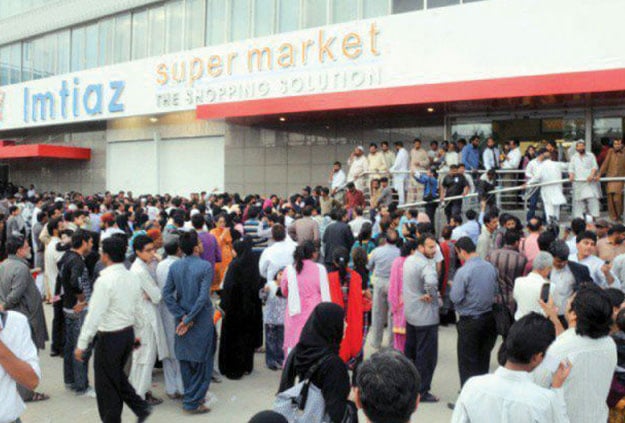 PHOTO: Express
PHOTO: ExpressAnother interesting comparison should be local supermarket chains such as Imtiaz Super Market and Chase Up stores against their MNC counterparts Hyperstar (a local version of French Carrefour managed by UAE’s Majid Al Futtaim group) and Metro Cash and Carry (a German retail and wholesale giant). Both Imtiaz and Hyperstar are perceived to be big discount stores with ample parking spaces where you can do your grocery and other shopping under one roof. UK’s Tesco has also recently started its franchise in Pakistan through Alpha store in Karachi’s Ocean Mall in Clifton.
Planet Retail, an international retail forecasting firm, estimates the size of Pakistan’s retail market at $152 billion.
Although Imtiaz does not disclose its financial statistics, as per an estimate its yearly turnover is from Rs 40 billion to Rs 60 billion. In the past few years, Imtiaz has emerged as the biggest store chain in Pakistan, providing a pleasant shopping experience. Currently, it has five stores in Karachi, with two new ones in the pipeline. Imtiaz’s first Punjab store is at Gujranwala’s King’s Mall and the second store in Faisalabad last month. Similarly, Hyperstar is also growing and shoppers want to associate themselves with it.
Metro’s annual turnover in 2017 may cross Rs 40 billion as compared to Rs 38 billion in 2016. After its merger with the House of Habib (HoH)’s Makro, it has now nine stores in four major cities of Pakistani – Karachi, Lahore, Faisalabad, Islamabad – with a 12 per cent potential customer reach. Each store is spread over 5,000 square metre area while its sales volume/inventory turnover per store is around Rs 300 million to Rs 350 million. Due to its large set-up and inauguration hiccups, Metro has been unable to dent the local market and is now opening small-format convenience stores. Also after the terror wave in the country during February, Metro and other stores saw a decrease in footfall, according to an employee.
Imtiaz Super Market’s new store seeks to capture upscale markets
Hyperstar has six stores in Lahore, Karachi and Islamabad. Its recently opened store at Emporium is spread on a 7,500 square metre sales area. A positive trend that is supporting the hypermarkets is the opening of large-sized malls in urban centres of the country. The Dolmen and Lucky One malls in Karachi, Centaurus in Islamabad and Emporium and Packages malls in Lahore display the trend as the right mix of convenience stores. On the other hand, Imtiaz and Chase Up chose to open their outlets in separate premises. In Karachi, Imtiaz has five stores while Metro has three. According to a report, Imtiaz accounts for one-fifth of the Karachi’s retail segment.
Pepsi and Unilever are the biggest suppliers of Imtiaz while Nestle is the biggest supplier of Metro. The average total sales by an Imtiaz store amount to Rs 5 billion in comparison with Rs 1.8 billion at Metro. Imtiaz has three times footfall of Metro (15,000 vs. 5,000). Moreover, the average basket size is Rs 7,500 at Imtiaz versus Rs 5,500 at Metro. Food contribution in store sales is 70 per cent at Imtiaz and 80 per cent at Metro while the contribution of non-food items is 30 per cent and 20 per cent respectively. The sverage monthly sales by just one supplier - Nestle - amount to Rs 230 million at Metro and Rs 180 million at Imtiaz.
The year 2017-18 may see more shopping malls of varying formats in Pakistan, even in cities like Hyderabad and Faisalabad. Most people would want to experiment with ‘purchase now and pick later’ online platforms with improved home delivery options. Imtiaz alone has nearly one million home-delivery customers.
Tapal vs Supreme
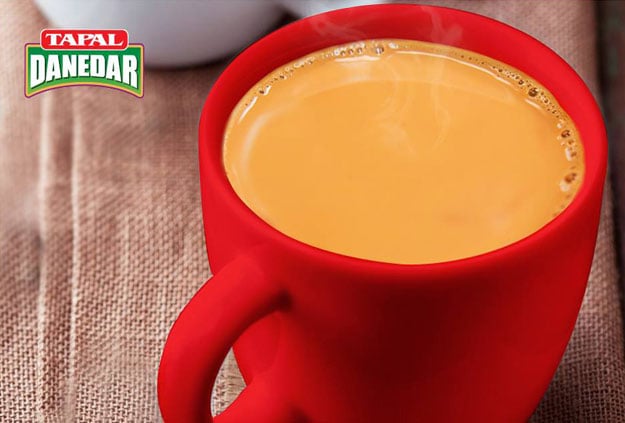 PHOTO: Facebook
PHOTO: FacebookPeople in Pakistan love to have tea, no matter what time of the day or any occasion and this is the reason why it the world’s one of the biggest per-capita tea drinking countries. Over one kilogramme of tea is utilised per capita every year in Pakistan, which is one of the highest rates of tea consumption in the world.
Brooke Bond Supreme, produced by Unilever, was once the country’s top tea brand.
In 2002-03, Brooke Bond Supreme sold 22,000 to 24,000 tonnes of tea a year, according to a marketing professional. Tapal Tea, founded by a third-generation CEO Aftab Tapal in 1977, was a rising brand at that time. However, in 2017, Tapal become the largest tea-making firm in Pakistan.
Is Tesco coming to Pakistan?
Tapal’s household brands include ‘Danedar’ and ‘Family Mixture’. It sells tea worth an estimated Rs 40 billion a year versus its MNC counterpart Unilever which sells an estimated Rs 35 billion a year worth of tea including the famed Brooke Bond Supreme and Lipton Yellow Label.
Another promising tea brand is Vital. From a humble suburban beginning in Shujaabad, Okara only over a decade ago, this local tea brand has beaten UK’s Tetley by selling Rs 10 billion worth of tea a year to Tetley’s Rs 8 billion a year.
Sooper vs TUC
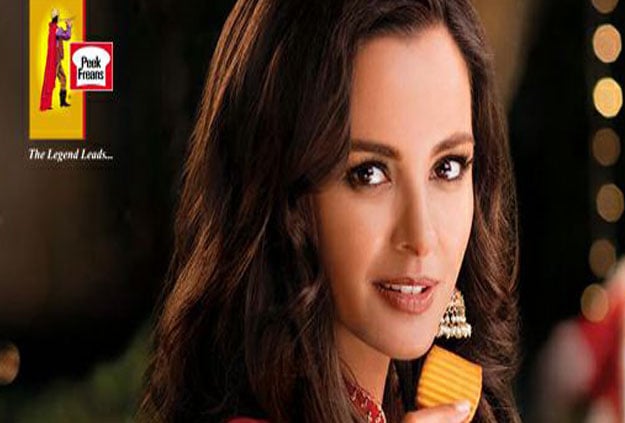 PHOTO: Facebook
PHOTO: FacebookAnother local success story is Sooper egg-and-milk cookies by English Biscuit Manufacturers (EBM), the largest-selling biscuit brand in the country. With a diverse portfolio and innovative products in biscuit manufacturing, EMB has been a market leader since 1966. EBM’s founder Khawar Masood Butt is the man who made it the ultimate biscuit choice for Pakistan.
The group has an annual production capacity of 155,000 tonnes - the largest in Pakistan and one of the largest in the region. Some of the top EBM brands which became household names include Sooper, Rio, Gluco, Nan Khatai, Butter Puff, Click, Saltish, Peanut Pik, Marie and Farm House Cookies.
Taking a stand for big brands
In 2002, Sooper became the number one selling biscuit across Pakistan, and EBM has not looked back since then. In 2013, sales for Sooper alone crossed the Rs 10 billion mark.
Continental Biscuits Limited (CBL) was founded in 1984 as a joint venture with a French food giant, Danone. In 2007, Danone sold their biscuits category to Kraft Foods of the United States. For more than two decades, CBL has been manufacturing and marketing the brand LU. LU household brands include TUC, Candi, Prince, Bakeri, Gala, Oreo and Tiger.
This year, EBM crossed Rs 31 billion gross sales volume (GSV) with 48.5 per cent market shares, while its MNC counterpart CBL (affiliated with Kraft Foods) has 22 per cent market shares with Rs 14 billion GSV.
Olpers vs MilkPak
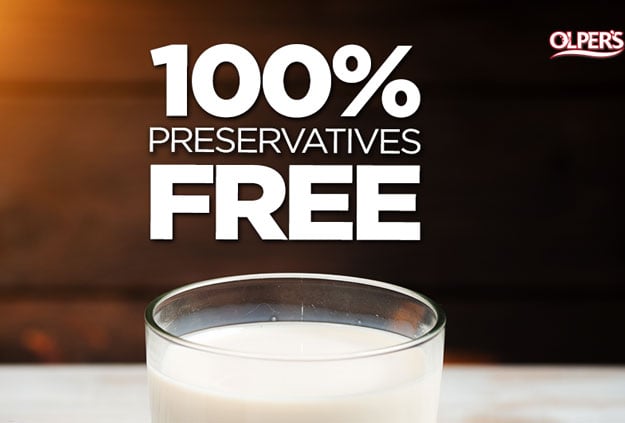 PHOTO: Facebook
PHOTO: FacebookCertainly, Engro’s Olpers milk brand in a period of 10 years has surpassed 40 years of Nestle’s MilkPak, leaving the latter behind in the competition by achieving about 54 per cent market shares in UHT (Ultra High Temperature or Ultra Heat Treatment) category.
Olpers achieved the target in spite of the fact that in the year 2016, its NPS (net proceeds from sales) was Rs 44 billion as compared to 2015’s NPS of Rs 49 billion – showing a decline of Rs 5 billion in a year. On the other hand, Nestle is a Rs 110 billion NPS firm with nine per cent yearly organic growth and is currently Pakistan’s biggest FMCG (fast-moving consumer goods) MNC.
In confectionery, Ismail Industries – a firm worth Rs 14 billion – is a market leader in various product lines against Mondelez International, which is the biggest confectioner internationally.
These 10 companies control everything you buy
However, MNCs still dominate in cola and ice cream. For example, in carbonated soft drinks, Coke and Pepsi are still the market leaders. After a number of failed attempts, for the first time local cola brand - Gourmet - has also become a noticeable opponent. In a very little time, it has achieved the consumer acceptance through visibility, availability and distribution networks and at-par quality. Now whether Gourmet will make a further dent in the cola market share, time will tell.
Unilever’s Wall’s is still the market leader when it comes to ice-cream in Pakistan. However, Engro Food’s Omore is a tough challenger too with second biggest market shares. Now that Engro Foods has been acquired by the Dutch dairy maker, FrieslandCampina for $447 million, there could be space for another local dairy ice cream brand.
The resilience of these brands suggests that come what may, talented Pakistanis can beat their MNC counterparts with aggressive marketing tactics and at-par quality. It will become handier once the China-Pakistan Economic Corridor along with nine manufacturing special economic zones resolves the current power and infrastructure issues, allowing manufacturing and trade to grow to a scale.
Wali Zahid is an award-winning journalist. He tweets @walizahid

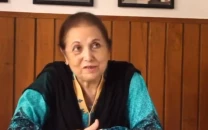
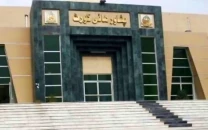
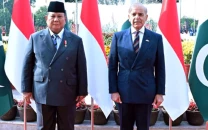


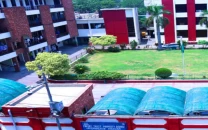












COMMENTS
Comments are moderated and generally will be posted if they are on-topic and not abusive.
For more information, please see our Comments FAQ